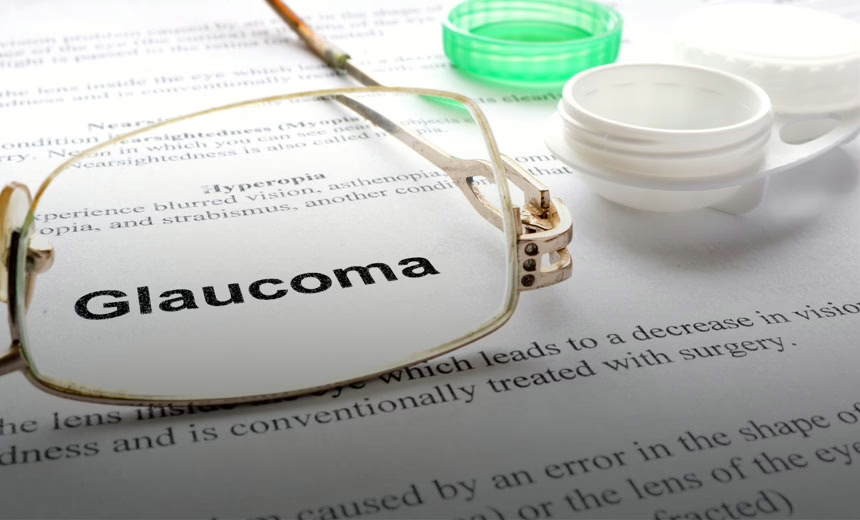"*" indicates required fields
Why regular glaucoma screening is necessary following eye trauma
24/08/2017

The term glaucoma actually refers to a group of diseases where damage to the optic nerve leads to progressive and irreversible vision loss. It is one of the leading causes of irreversible blindness worldwide and approximately 50% of Australians with glaucoma remain undiagnosed. Traumatic glaucoma occurs when an injury to the eye (either blunt trauma that ‘bruises’ the eye or a penetrating injury) leads to the development of glaucoma – this may happen straight away or some years later.
Blunt trauma is caused by a blow to the head and/or directly to the eye and may include sports-related injuries (e.g. boxing). Bleeding and debris inside the eye can clog its drainage system. Alternatively, the angle (where the iris and cornea come together) becomes narrower (known as angle recession) and restricts fluid drainage. A penetrating eye injury can result in damaged tissue and scarring, eventually blocking drainage canals. Regardless of the type of trauma, the end result may be an increase in pressure inside the eye and damage to the optic nerve.
If you have ever suffered from eye trauma (even if it was as a child), remember to have regular eye exams. If you are not sure about whether this applies to you, consult your eye care professional for further advice. Vision Eye Institute has a number of ophthalmologists who specialise in glaucoma screening and management.
Further information about traumatic glaucoma can be found here.
Glaucoma Australia is Australia’s peak glaucoma awareness/education/support association.
Glaucoma treatment is offered at our clinics in NSW, VIC and SA.
The information on this page is general in nature. All medical and surgical procedures have potential benefits and risks. Consult your ophthalmologist for specific medical advice.
Date last reviewed: 2023-08-07 | Date for next review: 2025-08-07
